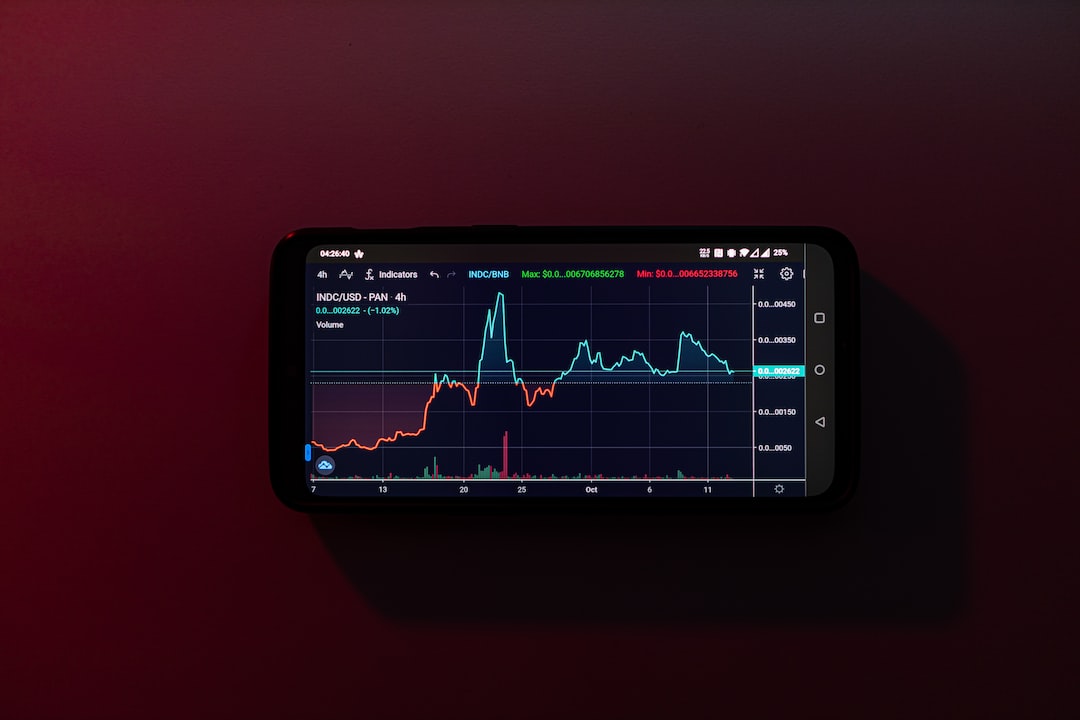The Potential Impact of Metaverse Taxation on Government Revenue
A Harvard scholar argues that introducing taxation on Metaverse earnings could significantly enhance government revenue streams. In her research paper titled “Taxing the Metaverse,” Harvard legal scholar Christine Kim highlights the need to extend traditional tax principles to the rapidly growing metaverse. Kim argues that the economic activities within the metaverse align with established definitions of income, and excluding it from taxation could turn the metaverse into a tax haven.
With metaverse spending already exceeding $120 billion and projected to reach $800 billion by 2024, Kim proposes that the digital nature of the metaverse allows for meticulous tracking and immediate taxation of income. She suggests that this approach could revolutionize the US tax law framework. However, enforcing tax regulations in the metaverse poses a challenge. Kim presents two strategies for enforcement: platforms withholding taxes on behalf of users or users independently fulfilling their tax obligations based on tax details provided by platforms.
Kim also believes that metaverse taxation could open up new avenues for policymakers, even those less interested in metaverse technologies. By generating additional government revenue, metaverse taxation could have a substantial impact on public financing.
The US Government’s Recent Steps Towards Crypto Taxation
In recent developments, the US Department of the Treasury and the Internal Revenue Service (IRS) have proposed regulations regarding the sale and exchange of digital assets by brokers. These regulations aim to combat tax evasion and require brokers to adhere to enhanced reporting requirements similar to other securities and financial investments. The public has the opportunity to provide feedback on these proposals until Oct. 30.
Furthermore, earlier this year, the IRS sought public opinions on the taxation of non-fungible tokens (NFTs). The classification of NFTs as “collectibles” could subject long-term investors to a higher tax rate of 28% instead of the usual 20%. However, the consultation process concluded in June without any subsequent updates.
Hot Take: The Implications of Metaverse Taxation
The concept of taxing the metaverse presents both challenges and opportunities. While implementing taxation could potentially enhance government revenue and create a fairer economic landscape, enforcing tax regulations within the metaverse raises complex issues. The proposal to tax income immediately upon receipt and even tax unrealized gains and income remaining within the metaverse may require innovative solutions for effective enforcement. Additionally, policymakers must carefully consider the impact of metaverse taxation on incentives for innovation and entrepreneurship. Overall, metaverse taxation introduces a significant and evolving debate surrounding the regulation and taxation of virtual economies.





 By
By
 By
By

 By
By
 By
By
 By
By